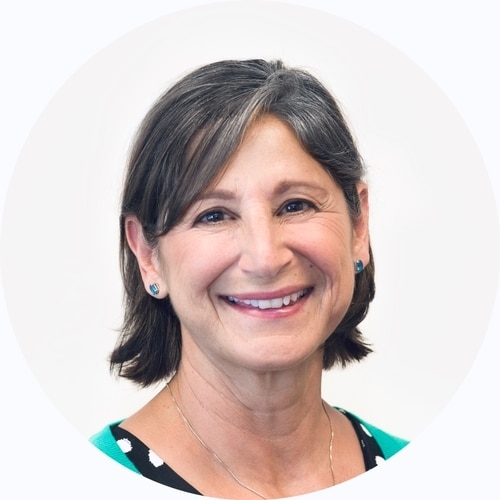Working Professionals in New Online Translation and Localization Management Program Advance Their Careers While in School
| by Jason Warburg
Working professionals enrolled in the Middlebury Institute’s new Online Translation and Localization Management degree program are advancing their careers while still in school.




